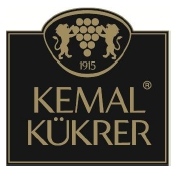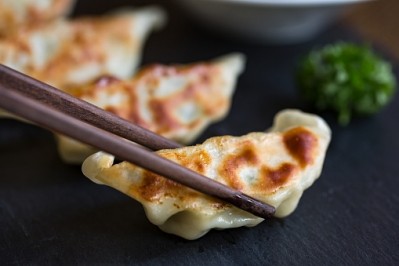Ajinomoto ‘accelerating’ growth in Turkey with Kükre acquisition

Ajinomoto said it is paying €44m (TRY181m) for 50% Kükre’s share capital in order to buy out its joint venture partner, the Gülel family. The Japanese food group has held a 50% stake in Kükre since 2013.
Kükre produces fruit and balsamic vinegars, fruit sauces and pickles under the Kemal Kükrer brand.
Founded in 1915, the Istanbul-based company generated annual revenues of around €17m (TRY70m) in 2016. Ajinomoto noted this represents a 50% increase since 2014, attributing the growth to higher sales of vinegars and fruit sauces and “enhanced initiatives” for growing in “small-outlet retail chains”.
Kükre will operate as a wholly-owned subsidiary.
Strengthening Turkish business
Ajinomoto has grown its presence in Turkey, which it is using as a springboard to expand in the Middle East since it established foodservice-focused Ajinomoto Istanbul Food Sales Ltd in 2011.
The company suggested Kükre’s operations are complementary to its existing retail business in the country, which includes recently-acquired dry seasonings manufacturer Örgen.
Örgen produces powdered soups and desserts, bullion and seasonings under the Bizim Mutfak brand. Through the two businesses, Ajinomoto is “expanding business in new areas of food” and the group will have a presence in the liquid, cube and powdered seasonings categories.
Kükre’s appeal to wealthy- to middle-income consumers also extends Ajinomoto’s reach in the premium flavours space.
“With this acquisition, Ajinomoto Co. will accelerate business expansion in Turkey with the intention of further strengthening its operations in the Middle East,” the company noted.
“The Ajinomoto Group intends to further expand its business in Turkey by strengthening cooperation among Ajinomoto Istanbul Food Sales Ltd, Kükre and Örgen.”
Ajinomoto stressed the potential of the Turkish market and highlighted positive macroeconomic trends. “The population of Turkey was about 80mas of 2016, and the economic growth rate was firm at 5.2% in 2014 and 6.1% in 2015. In 2016, despite the impact of terrorist attacks, a slump in tourism and other factors, growth was 2.9%... and is expected to continue.”
Expanding in the ‘rising star’ markets
As part of its medium-term strategy, which runs to 2020, Ajinomoto has said it wants to become one of the top-ten largest global food manufacturers.
With demand stagnant in its domestic Japanese market, the company is targeting overseas growth to fuel sales gains. Ajinomoto has indicated it wants to grow international sales to JPY500bn by 2020, compared to an overseas turnover to JPY200bn in 2012.
International markets have been segmented into “five stars” markets where the company wants to pursue “rapid growth” and “rising stars” markets, where the company is focused on building a foundation for future expansion.
In the “five star” markets – the Philippines, Vietnam, Indonesia and Brazil – Ajinomoto wants to treble its sales, while in Thailand the Japanese giant wants to double its revenue basis.
The group’s “rising star” markets, where its business is at an earlier development stage, include Europea, North America, the Middle East and North Africa.
To support growth here, the company has developed an “open new sky” strategy that centres on driving organic growth in adjacent categories, channels and countries. In particular, Ajinomoto has said it will expand exports from Indonesia to Islamic countries such as Turkey and Egypt.
Ajinomoto is also leveraging acquisitions and joint venture agreements to extend its reach. The company is said to be seeking M&A opportunities in Europe and, alongside the Örgen acquisition, Ajinomoto has acquired Isreali ingredient firm Hinoman and pan-African food group Promasidor in the last 12 months alone.



















